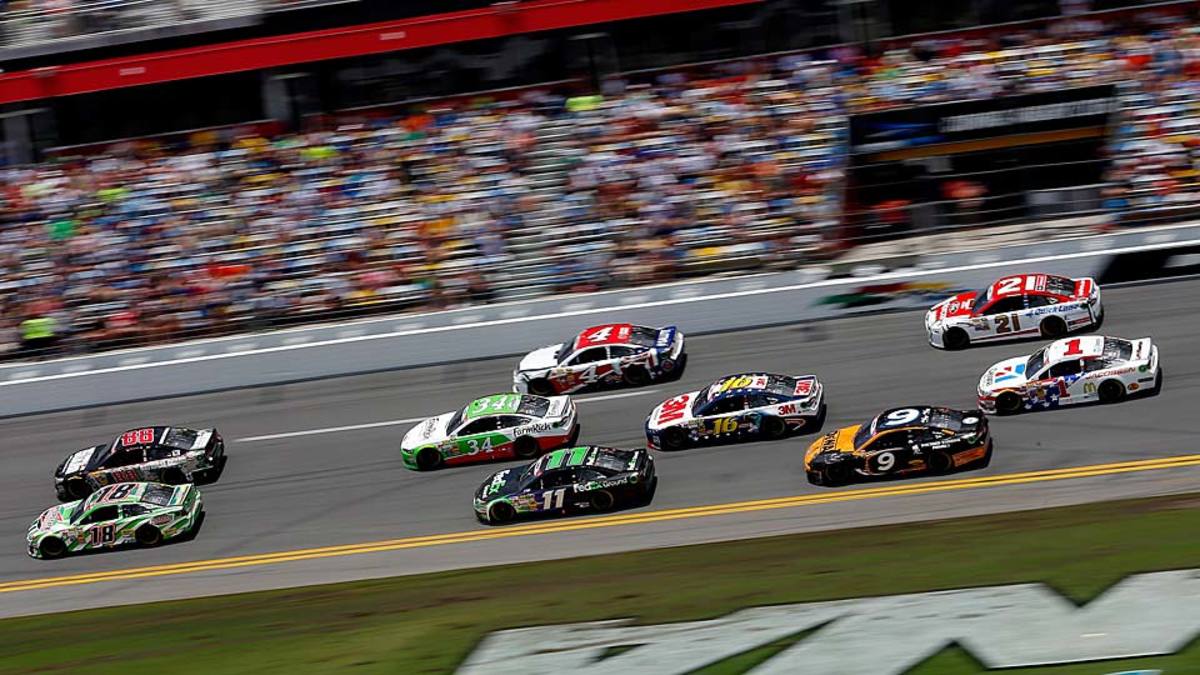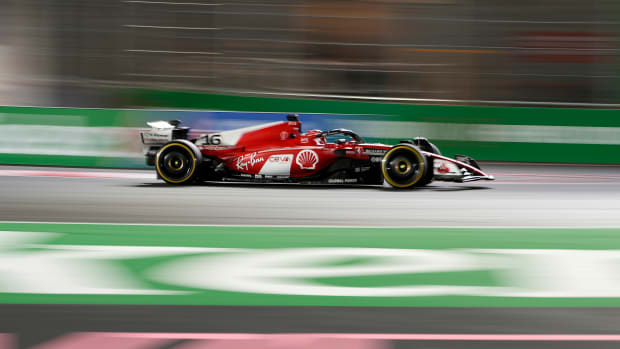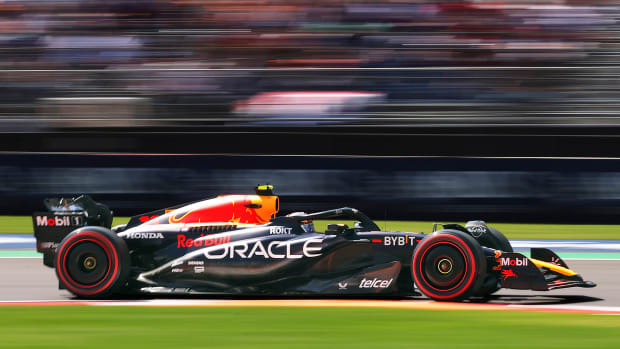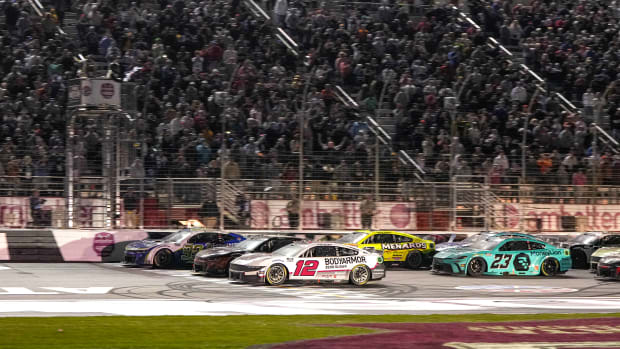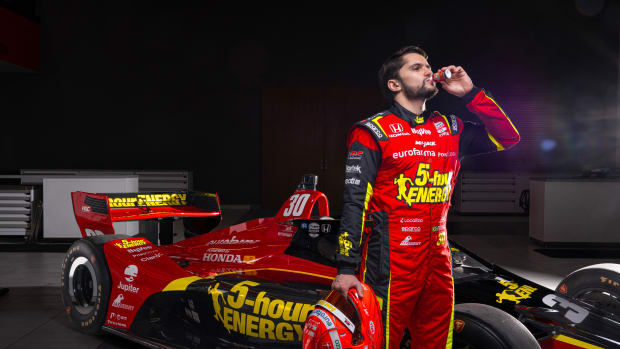Nine top NASCAR team owners form Race Team Alliance
CHARLOTTE, N.C. (AP) — The top nine teams in NASCAR have for the first time formed a single entity to collaborate on initiatives and issues facing their sport.
The Race Team Alliance was announced Monday, and Michael Waltrip Racing co-owner Rob Kauffman was elected chairman.
The goals of the RTA include lowering costs for NASCAR teams and creating one voice on issues facing the teams. Kauffman insisted the RTA is not a union.
"Calling it a union would be incorrect. A union would be for employees," Kauffman said in a phone interview with The Associated Press. "The right way to characterize it would be a `business alliance.' Unions are about employees directly trying to negotiate something. The RTA is pooling together to look at things we can be doing better.
"No one is looking to start a fight or be controversial."
The RTA currently includes Chip Ganassi Racing with Felix Sabates, Hendrick Motorsports, Joe Gibbs Racing, Michael Waltrip Racing, Richard Childress Racing, Richard Petty Motor Sports, Roush Fenway Racing, Stewart-Haas Racing and Team Penske.
Kauffman said the top goal of the RTA, which is operating with bylaws and an executive committee, is to bring in the remaining Sprint Cup teams that are not currently members. The next most important items on the agenda, according to Kauffman, is working on cost-saving initiatives related to travel and buying power for parts, and communicating with one voice to NASCAR the team ideas on testing.
"Roger Penske's thought was `Let's go for the low hanging fruit,"' said Kauffman, who retired at the end of 2012 from Fortress Investment Group, where he was one of three founders.
Kauffman said the RTA also will discuss health care and benefits for employees.
"One of the projects out of the chute is all of these teams get a lot of hotel rooms on a weekly basis—well, gaining a hotel partner might help with that cost and provide some flexibility," he said. "When you put a lot of smart people in the room, you can come up with a lot of smart ideas. Right now, I don't think we even know how much we all spend in total on parts. Or how many employees do we all have?"
NASCAR chief communications officer Brett Jewkes said the sanctioning body had few specifics on the RTA's "structure or purpose," so it would be inappropriate to comment on the group.
"NASCAR's mission, as it has always been, is to create a fair playing field where anyone can come and compete," Jewkes said in a statement. "Our job is to support and strengthen all of the teams, large and small, across all of our series and we'll continue to do that. NASCAR is a unique community with hundreds of stakeholders. They all have a voice and always will."
Kauffman several times likened the RTA to the Formula One Constructors Association, which was a group of F1 teams that formed in 2008 to give the teams a united voice in negotiations with the FIA and the Formula One Group.
FOTA's original aim was to negotiate the terms of the new Concorde Agreement, the commercial contract that governs the championship. FOTA was disbanded earlier this year.
The formation of the RTA comes as NASCAR enters next season with a new $8.2 billion television package. Teams currently get a portion of the money from the TV package, but Kauffman said renegotiating the teams' cut was not on the current agenda.
"We're going to focus on things we can do ourselves and doesn't require a lot of outside help," Kauffman said. "Some of those topics are behind our control. If some of those stakeholders want to have conversations, we'd be happy to do that.
"But it's the things we can do ourselves—we don't need anyone's approval to work on our travel or optimize our buying or promoting—that we need to focus on right now."
